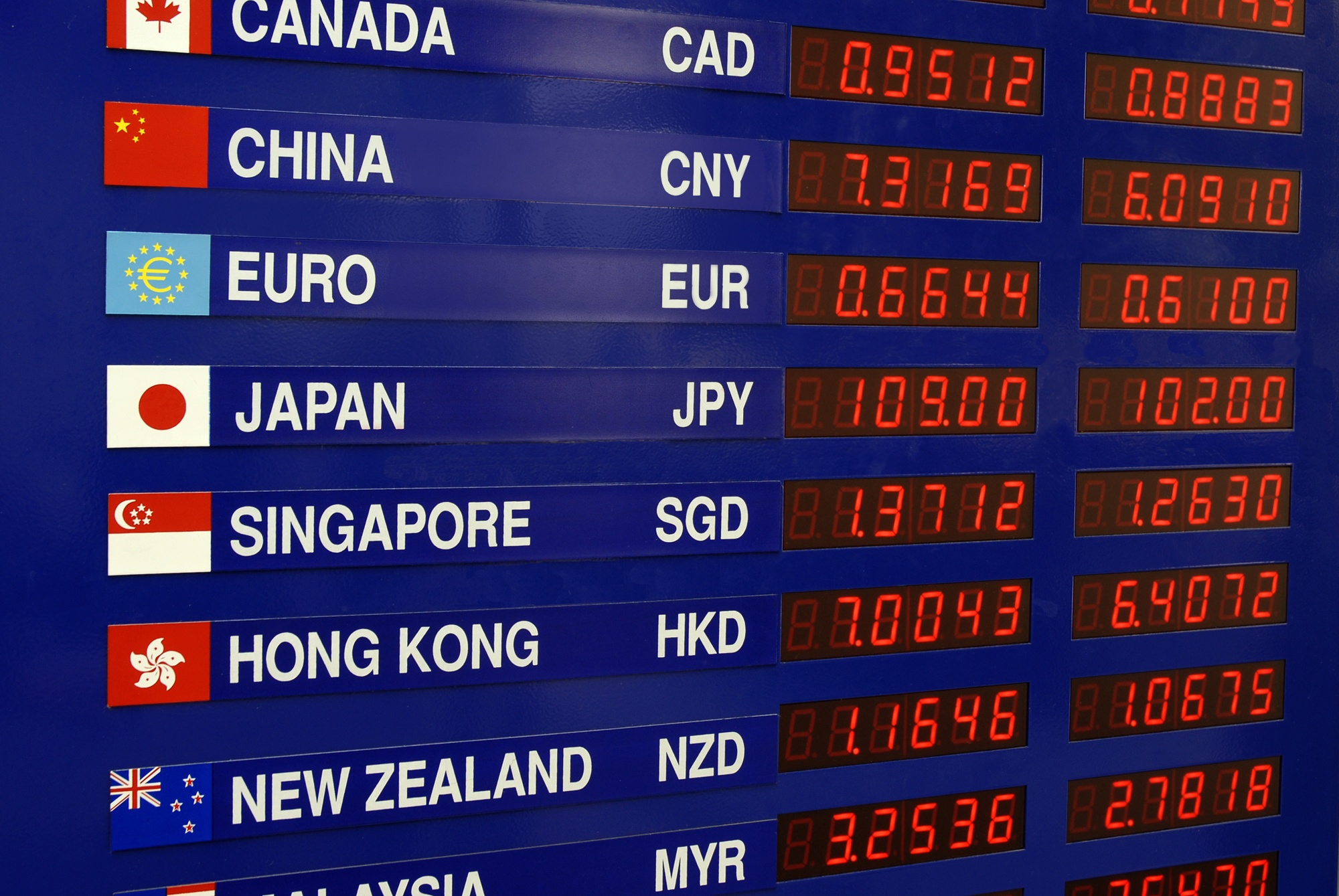Asian markets partially rebound, JCI suffer

JAKARTA – Asian stock markets showed partial signs of recovery on Tuesday (8 April), following a wave of panic across global bourses sparked by escalating trade tensions between the United States and China. The turmoil was ignited by President Donald Trump’s threats of additional tariffs on Chinese goods and Beijing’s retaliatory response, which sent shockwaves through markets worldwide.
However, amid the volatility, several major Asian indices staged a significant rebound. Japan’s Nikkei 225 led the recovery, surging nearly 7% as investors snapped up battered technology stocks.
Semiconductor giants such as Tokyo Electron and Advantest soared more than 10%, while SoftBank Group climbed over 12%. The rebound was further bolstered by a weaker yen, which provided relief to Japanese exporters.
Chinese equities also posted moderate gains. Following sharp declines, the CSI 300 and Shanghai Composite indices rose by 0.5% and 0.7%, respectively. The recovery was supported by Beijing’s stabilisation efforts, including urging state-owned enterprises to boost capital market investments and signals of backing from the central bank.
In Hong Kong, the Hang Seng Index rebounded 3%, recovering from a previous slump of up to 15%. Australian stocks followed suit, with the S&P/ASX 200 climbing nearly 2% after hitting a one-year low.
India’s markets registered a sharp rally, with the Sensex gaining more than 1,100 points and the Nifty advancing 415 points, a stark turnaround from the prior day’s heavy losses. The rebound reflects renewed market confidence in India’s economic resilience amid global headwinds.
Elsewhere, markets in Taiwan, Singapore, and Thailand saw mixed performances, particularly in the technology and manufacturing sectors.
Taiwan’s Taiex Index fell 3%, weighed down by major tech names like Foxconn and TSMC, which posted significant losses. Thai equities opened sharply lower, plunging over 4% after a national holiday temporarily shielded them from the global sell-off. The Stock Exchange of Thailand (SET) Index lost nearly 50 points from Friday’s close of 1,125.21—a notable drop given that SET had once peaked around 1,400 before Donald Trump assumed the US presidency in January 2025.
Meanwhile, South Korea’s KOSPI Index edged up 1%, diverging from regional trends. Singapore’s Straits Times Index, however, continued to slide, falling over 2%.
Indonesia’s market opened under intense selling pressure following the Eid holiday. The Jakarta Composite Index (IHSG) plunged over 9%, triggering a 30-minute trading halt amid the turmoil. (EF/ZH)